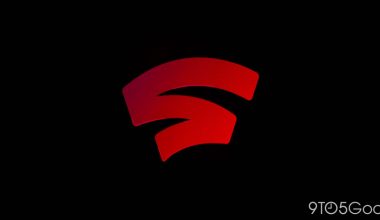The way we use social media and other internet platforms could be permanently altered by a Supreme Court decision. The court decided last month to consider a number of claims that aim to hold internet service providers like Google, Meta, and Twitter responsible for user-posted content on their platforms. A decision that is unfavorable to these businesses could permanently stifle the online economy.
A DECISION BY THE SUPREME COURT COULD CHANGE THE INTERNET ECONOMIC In these cases, the Communications Decency Act’s Section 230 is being contested. Social media firms are protected from user-posted content on their sites. Any dangerous material shared by users is not their responsibility. Yet the Supreme Court has heard arguments in two significant Section 230 cases involving Twitter and Google. They claim that these platforms helped spread terrorist propaganda.
The family of American citizen Nohemi Gonzalez, 23, who was killed in an ISIS attack in Paris in 2015, is appealing the decision in the first case. The family claims that YouTube, a division of Alphabet, the parent company of Google, gave ISIS an algorithmic boost to promote violent video content. The terrorist group was able to discover and recruit possible backers of their violent deeds because to its recommendation system. Despite knowing that users are actively interested in violence, YouTube kept offering such damaging films to consumers.
Advertisement In the second instance, Twitter, Google, and Meta are the targets of a similar argument. It was submitted by the family of Nawras Alassaf, who was hurt in a 2017 ISIS attack in an Istanbul nightclub. These businesses are accused in this case of aiding terrorist propaganda by enabling the sharing and dissemination of violent content. These sites were the terrorists’ preferred method of communication and plot development for the attack that claimed Mr. Nawras’ life five years ago.
Of course, the biggest social media platforms disagree. According to their attorneys, they constantly screen and delete anything that encourages violence. They also dispute any connection between their platforms and the incidents in Paris and Istanbul. However, the case has now made it to the Supreme Court, and a negative decision might permanently alter how the internet looks.
MORE CASES LIKE THIS ARISING AGAINST SECTION 230 Not all cases that contradict Section 230 do so. Angela Underwood Jacobs, the sister of Dave Patrick Underwood, who was fatally murdered by two men outside a federal facility in May 2020, filed a similar complaint against Meta in January of this year. Through their mutual interest in encouraging violence against federal law enforcement agents, the two assailants met on Facebook. They had never met before the day of the attack and plotted the attack using a social media app.
Advertisement For a long time, lawmakers have demanded the repeal or modification of Section 230. And perhaps now is the right time. Internet corporations were protected by the law, and any change will have a negative impact on how well they operate. To increase interaction, social media networks mainly rely on algorithmic recommendations. They will have to alter their business strategy and increase their emphasis on moderating if Section 230 is amended. This will also have an impact on the online economy.
However, businesses have already begun planning for the worst. The internet sector is pressuring Congress to modify Section 230 with “more clear-cut liability protections,” according to a WSJ report . However, the effects of the adjustments could be rather significant.







